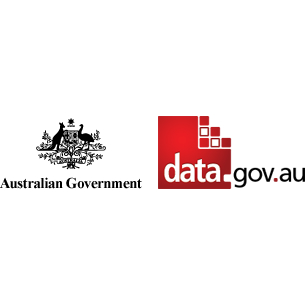Brief description
Colonial waterbird breeding colonies monitored in two Selected Areas of the CEWH’s Flow-MER program (the Murrumbidgee river system and Lachlan river system). These are overall statistics of the colony size (nests/individuals) and start and end dates with estimated breeding success for colonies where detailed nest observations are conducted.The CEWH’s Flow-MER program examines the contribution of Commonwealth environmental water to the environmental objectives of the Basin Plan 2012 (Basin Plan) and is assisting the CEWH to demonstrate environmental outcomes and adaptively manage the water holdings. Monitoring and evaluation is focused in seven Selected Areas: the Junction of the Warrego and Darling rivers, Gwydir river system, Lachlan river system, Murrumbidgee river system, Edward/Kolety-Wakool river system, Goulburn River and Lower Murray River.
This Flow-MER data set includes and extends the long-term data collected at the same sites during the Long Term Intervention Monitoring (LTIM) project (2014-2019).
###Acknowledgement
The Commonwealth Environmental Water Holder and Flow-MER program acknowledge the First Nations peoples as the Traditional Owners and Custodians of the lands, waterways and skies of the Murray-Darling Basin. We respect their continuing connection to culture and Country, and we thank them for their knowledge and science and the values reflected in these data.
###Citation
CEWO (2024) Waterbird Diversity. Flow-MER Program. Commonwealth Environmental Water Office, Australian Government Department of Climate Change, Energy, the Environment and Water. Sourced on from https://data.gov.au/data/dataset/flow-mer-waterbird-breeding-colonies on [date-sourced].
Full description
Flow-MER Waterbird Breeding Colonies 2014-2022 - Colonial waterbird breeding colonies monitored in two Selected Areas of the CEWO’s Flow-MER programMetadata for Flow-MER Waterbird Breeding Colonies 2014-2021 - Metadata
text: Murray-Darling Basin
Subjects
CEWO |
Commonwealth Environmental Water Office |
Flow-MER |
LTIM |
Murray-Darling Basin |
birds |
breeding colonies |
waterbirds |
User Contributed Tags
Login to tag this record with meaningful keywords to make it easier to discover
Identifiers
- Local : flow-mer-waterbird-breeding-colonies
- URI : data.gov.au/data/dataset/a928fb71-7128-4852-bb05-75a69c1efe21



